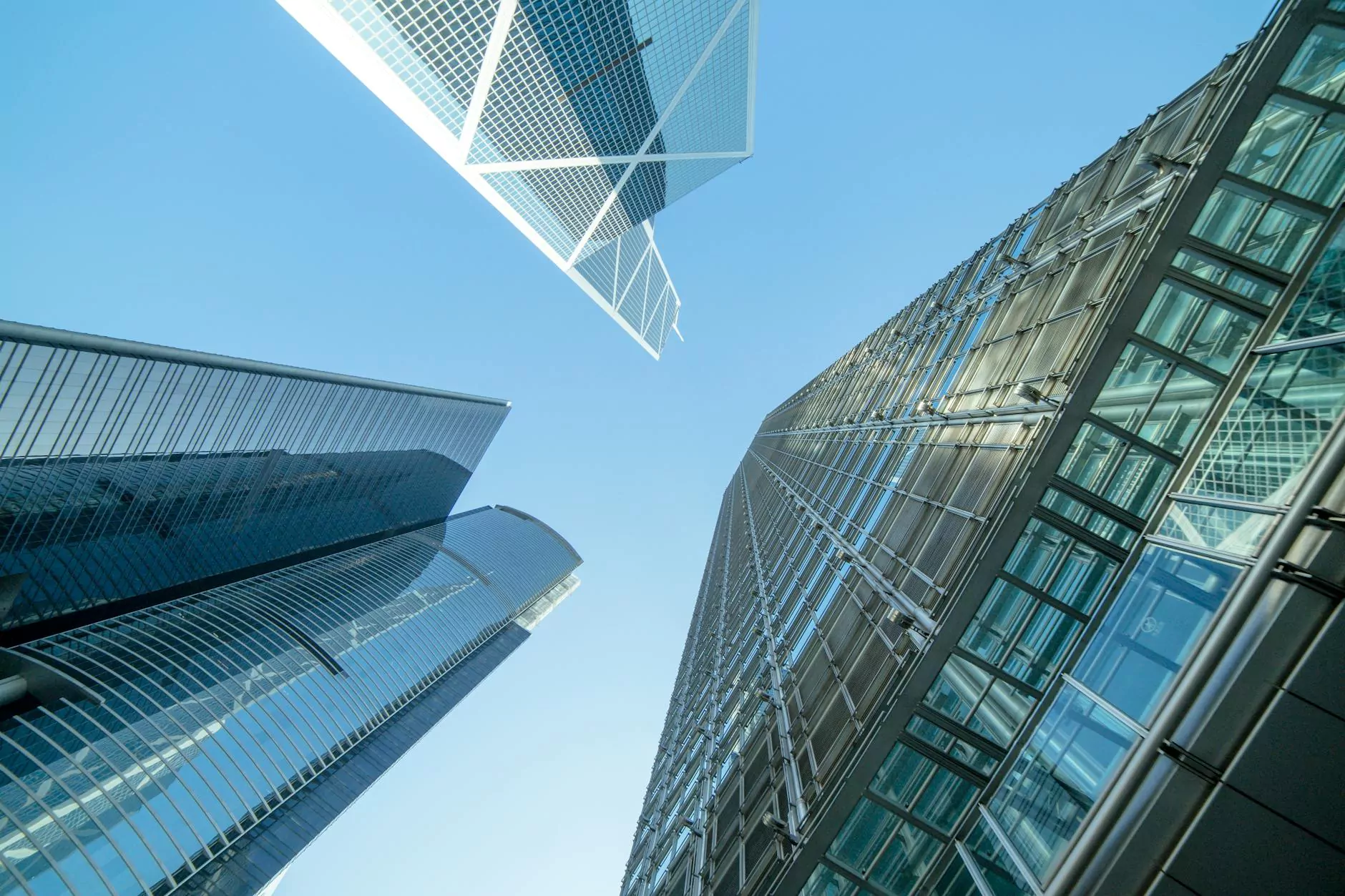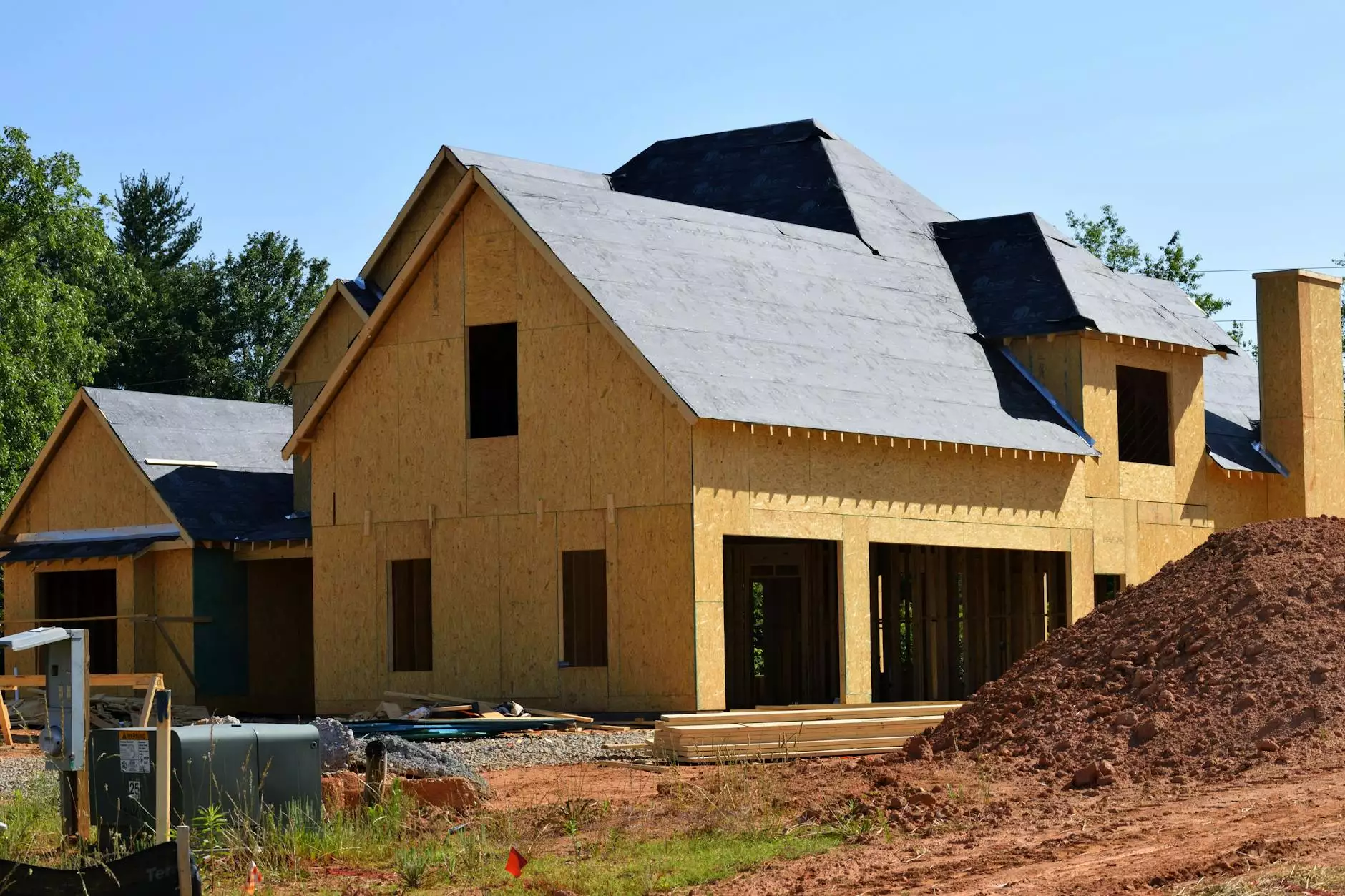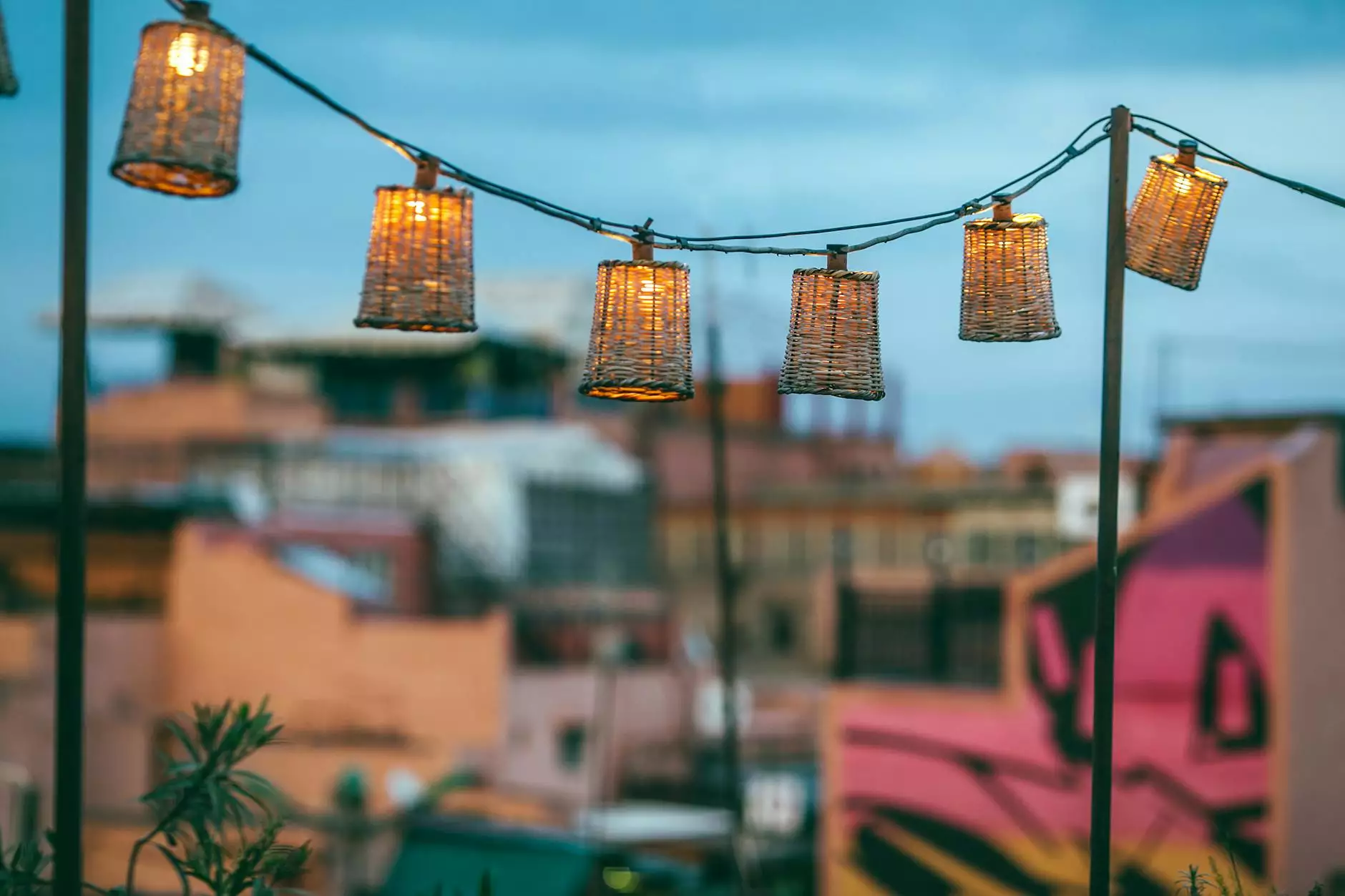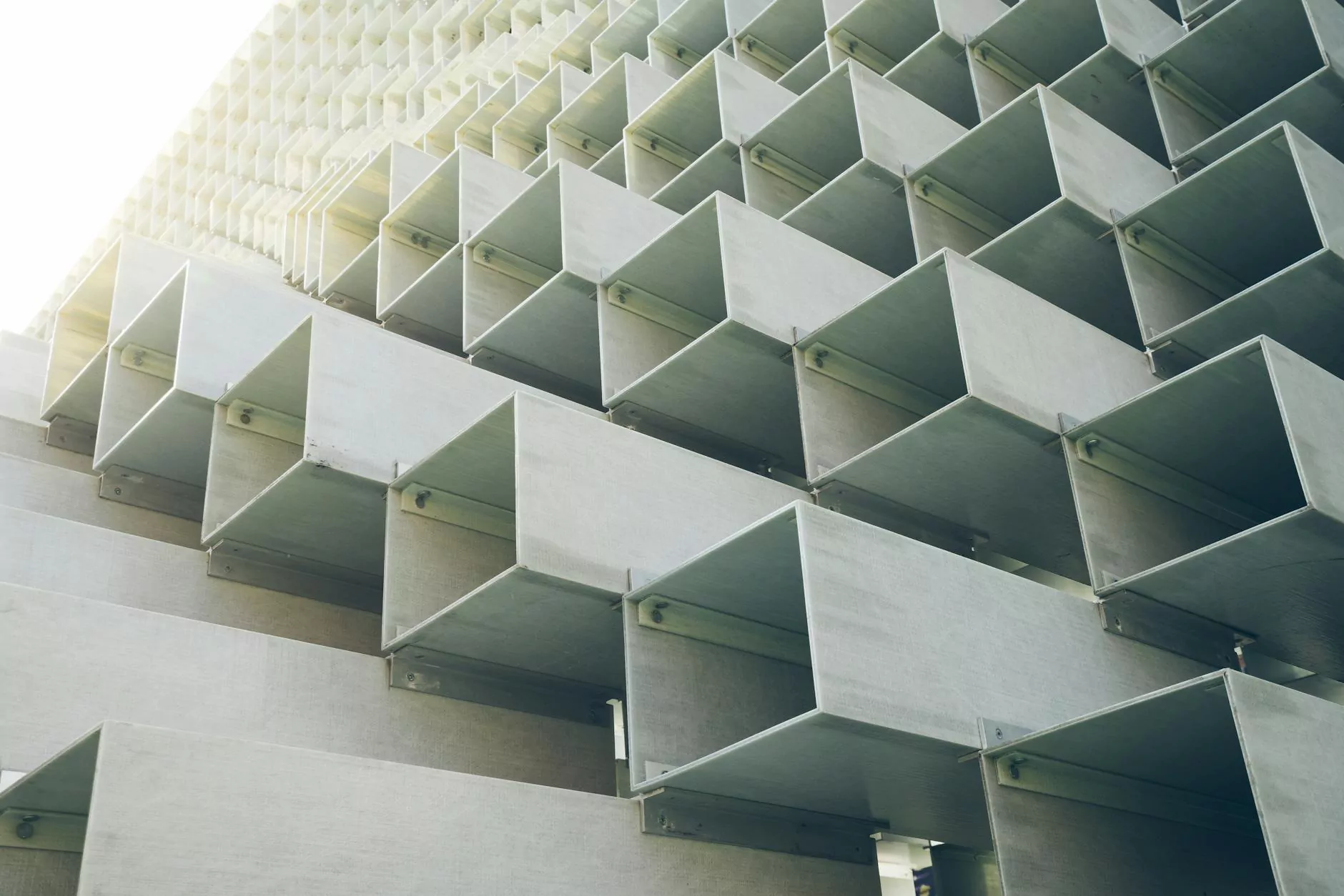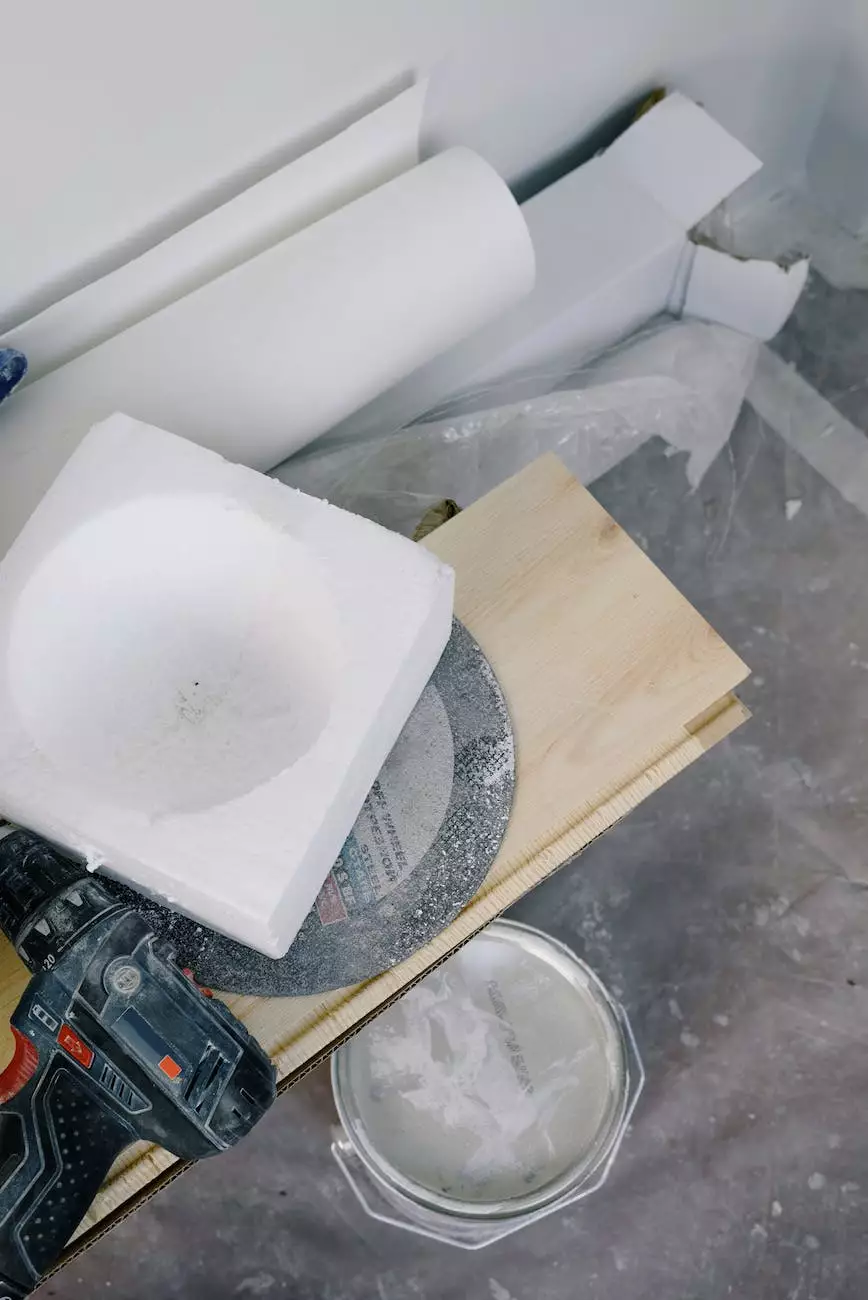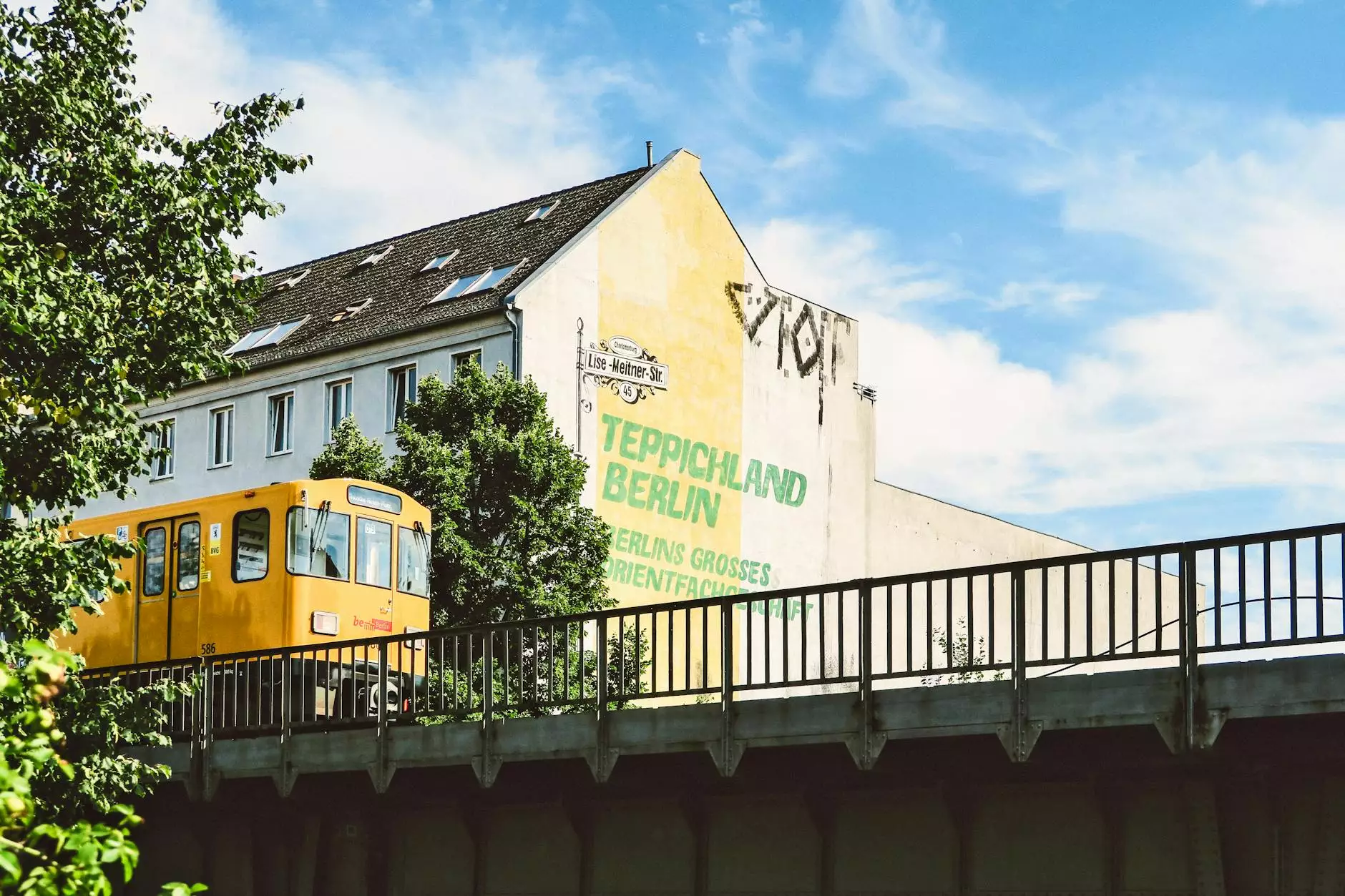PVC vs Wood Fascia: An Honest Comparison
Blog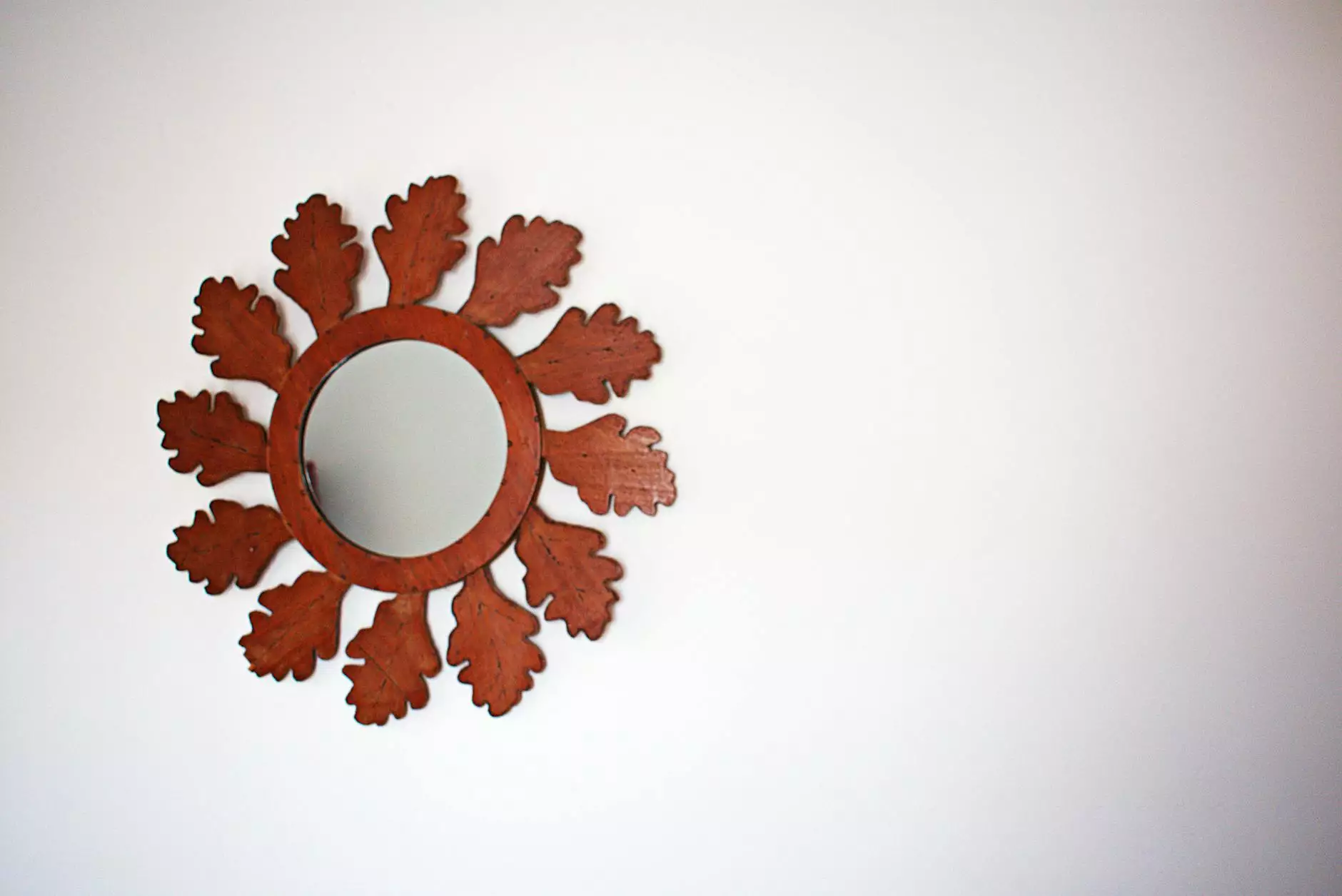
Introduction
Welcome to Bio-One Atlanta's Learning Center! In this comprehensive article, we will discuss the differences between PVC and wood fascia boards to help you make an informed decision for your fascia installation project.
PVC Fascia Boards
PVC, or polyvinyl chloride, fascia boards have gained popularity in recent years due to their durability, low maintenance requirements, and attractive appearance. Made from a combination of plastic and vinyl, PVC fascia boards offer several advantages over their wood counterparts.
Advantages of PVC Fascia Boards
- Weather Resistance: PVC is highly resistant to moisture, rot, and insects, making it an ideal choice for outdoor applications.
- Longevity: PVC fascia boards have a significantly longer lifespan compared to wood, saving you money on replacements and repairs over time.
- Low Maintenance: PVC boards require minimal upkeep, simply needing occasional cleaning with soap and water to maintain their appearance.
- Color Retention: PVC fascia boards are often available in a range of colors that resist fading and maintain their vibrancy even under harsh weather conditions.
Disadvantages of PVC Fascia Boards
While PVC fascia boards offer numerous benefits, it's important to consider potential drawbacks before making a decision.
- Higher Initial Cost: PVC fascia boards may have a slightly higher upfront cost compared to wood, but their longevity and lower maintenance requirements can offset this expense in the long run.
- Environmental Impact: PVC is a plastic-based material, and its production has potential environmental implications. However, choosing PVC fascia boards from reputable manufacturers who prioritize sustainability can mitigate this concern.
Wood Fascia Boards
Wood fascia boards have long been a traditional choice for fascia installations. They offer a natural and classic look that blends well with various architectural styles. However, wood fascia boards also come with their own set of considerations.
Advantages of Wood Fascia Boards
- Natural Appearance: Wood fascia boards provide an authentic, warm aesthetic that adds character and charm to your property.
- Customizability: Wood offers greater flexibility in terms of design and can be easily customized to match your specific preferences.
- Repairability: Damaged sections of wood fascia boards can be repaired or replaced individually, potentially resulting in lower repair costs compared to PVC boards.
- Sustainability: Opting for sustainably sourced wood and making responsible choices regarding maintenance and disposal can make wood fascia boards an eco-friendly option.
Disadvantages of Wood Fascia Boards
While wood fascia boards have their benefits, there are some drawbacks to consider:
- Maintenance Requirements: Wood fascia boards require regular maintenance to prevent rot, decay, and insect damage. This includes painting or staining, sealing, and routine inspections for potential issues.
- Vulnerable to Weather Conditions: Wood is susceptible to expansion, contraction, and warping when exposed to moisture and extreme temperature changes. Proper installation and maintenance are crucial to minimizing such risks.
Choosing the Right Fascia Boards for Your Project
When selecting between PVC and wood fascia boards, there are a few factors to consider:
- Location: Assess the climate and environmental conditions in your area to determine which material will better withstand the elements.
- Budget: Evaluate your short-term and long-term budgetary requirements, factoring in installation costs, ongoing maintenance expenses, and expected lifespan.
- Design Preferences: Consider the architectural style of your property and choose the fascia material that complements it seamlessly.
- Sustainability Concerns: If eco-friendliness is a priority for you, explore PVC options from manufacturers committed to sustainable practices, or opt for responsibly sourced wood.
- Maintenance Commitment: Determine your willingness and ability to invest time and effort into regular maintenance, or if a low-maintenance material like PVC is a better fit for your lifestyle.
Ultimately, both PVC and wood fascia boards have their own unique features and considerations. It's essential to weigh the pros and cons based on your specific needs before making a decision.
Trust Bio-One Atlanta for Your Fascia Installation Needs
When it comes to professional fascia installation services, Bio-One Atlanta stands out as the leading provider in the cleaning and business services industry. Our team of experts has extensive experience and knowledge in handling various fascia projects, ensuring exceptional results that exceed expectations.
At Bio-One Atlanta, we understand the importance of using high-quality materials to achieve long-lasting and visually appealing fascia installations. Whether you choose PVC or wood fascia boards, our skilled professionals will deliver outstanding craftsmanship to enhance the beauty and functionality of your property.
Contact Bio-One Atlanta today to discuss your fascia installation needs and receive a personalized solution tailored to your requirements. Trust us to transform your property and create a lasting impression with our top-notch fascia installation services.

